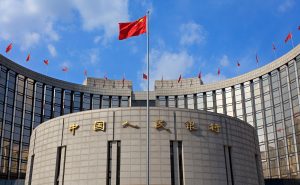The People’s Bank of China (PBoC) should continue keeping a close eye on domestic bitcoin exchanges, a central bank official said this week.
According to local news sources, Zhou Xuedong, director of the PBoC’s Business Administration unit, advocated for the potential use of blacklists against exchanges that violate the central bank’s directives. He also suggested that the PBoC should explore regulating exchanges at the national level and require bitcoin exchanges obtain some form of licensure.
Xuedong reportedly noted:
“There is a significant risk, one is the risk of customer funds security, the second is the risk of money laundering, the third is the risk of leveraged transactions.”
On the other hand, Xuedong reportedly suggested that the PBoC undertake an “observation period” while, at the same time, moving to define so-called “bottom lines” to which exchanges need to adhere. He also called for deeper research – something that would likely occur in tandem with the PBoC’s experimentation with a central bank-issued digital currency.
The comments come just over two months after it was revealed that officials had met with representatives from China’s bitcoin exchange ecosystem. Those meetings ultimately led to the end of no-fee trading in China and the end of margin trading at those markets.
Xuedong’s reported advocacy for continued observation seems to confirm stated plans by the PBoC to keep a watchful eye, while at the same time requiring changes to existing AML practices in the industry. In February, statements from the PBoC indicated that the central bank would consider closing non-compliant exchanges.
Image via Shutterstock

